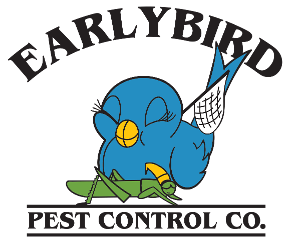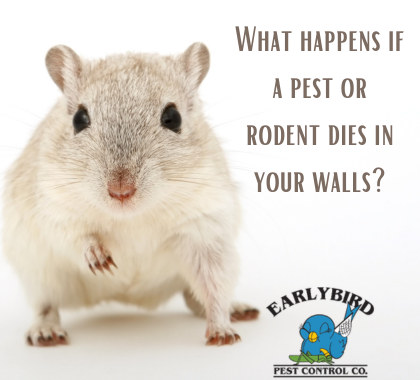Discovering that a pest or rodent has died inside the walls of your home can pose several challenges and potential risks. The presence of a deceased animal in such an inaccessible location can lead to a range of unpleasant consequences. In this chapter, we will explore the implications and issues that arise when a pest or rodent dies within your walls.
What happens if a pest or rodent dies in your walls?
Odor:
One of the most immediate and noticeable effects of a dead pest or rodent in your walls is the odor. As the body decomposes, it releases a distinct and pungent smell that can permeate through the walls and into your living space. The intensity of the odor depends on factors such as the size of the animal, the stage of decomposition, and the environmental conditions. The unpleasant smell can persist for days or even weeks until the body fully decomposes or is removed.
Attracting Other Pests:
The presence of a decaying animal in your walls can attract other pests and scavengers. Insects, such as flies and beetles, may be drawn to the area as they feed on the decomposing remains. These secondary pests can further exacerbate the issue, potentially leading to infestations or increased pest activity within your home.
Health Risks:
- Spread of Diseases: Dead animals can carry various bacteria, parasites, and viruses that can pose health risks to humans. Exposure to these pathogens can occur through direct contact or through the air if the body decomposes enough to release airborne particles. Diseases such as hantavirus, salmonellosis, and leptospirosis are some examples of potential health risks associated with dead rodents.
- Allergies and Respiratory Issues: The decomposition process releases organic compounds and allergenic particles that can trigger allergies and respiratory issues in sensitive individuals. The airborne particles can circulate through the ventilation system, leading to discomfort and potential health problems.
Pest Infestations and Property Damage:
The presence of a dead animal within your walls can attract scavenging pests, such as ants or beetles, that feed on the carcass. As these secondary pests invade your home to access the food source, they may cause additional damage to your property. For instance, wood-boring beetles can weaken the structural integrity of wooden components in your walls, leading to costly repairs.
Difficult Removal Process:
Removing a dead pest or rodent from within your walls can be challenging. In most cases, accessing the exact location where the animal is located is difficult without causing significant damage to the wall. Professional assistance may be required to identify the precise location and safely remove the carcass, ensuring thorough cleaning and disinfection of the affected area.
Prevention and Mitigation:
- Seal Entry Points: To minimize the chances of pests or rodents accessing your walls, it is essential to seal any potential entry points in your home’s exterior. This helps prevent them from gaining access in the first place.
- Prompt Removal: If you suspect a pest or rodent has died in your walls, it is crucial to address the situation promptly. Contacting a professional pest control service can ensure the safe and proper removal of the carcass, reducing the associated risks and minimizing the potential consequences.
The presence of a dead pest or rodent within your walls can lead to unpleasant odors, health risks, and attract other pests. Prompt and professional intervention is necessary to mitigate the consequences, remove the carcass, and address any related pest infestations. Additionally, taking preventive measures to seal entry points and implement proper pest control practices can help prevent such situations from occurring in the first place, ensuring a healthier and more comfortable living environment.
More Tips on Pest Control:
-
- 4 Signs You Have Bed Bugs
- How to Get Rid of Cockroaches
- How to Get Rid of Rats
- How Do I Know if I Have a Scorpion Infestation?
- How Do I Know if I Have a Bee or Wasp Nest in My House?
- How Do You Know if You Have Mice or Rats?
- Do I Need a Professional to Remove Tarantulas?
- 5 Ways to Keep Pests out of the Office
- How Ants Ruin your Home
- Can Pests Destroy Stucco?
- Pros and Cons of a Stucco Home
- Does Arizona Have a Cockroach Problem?


Recent Comments